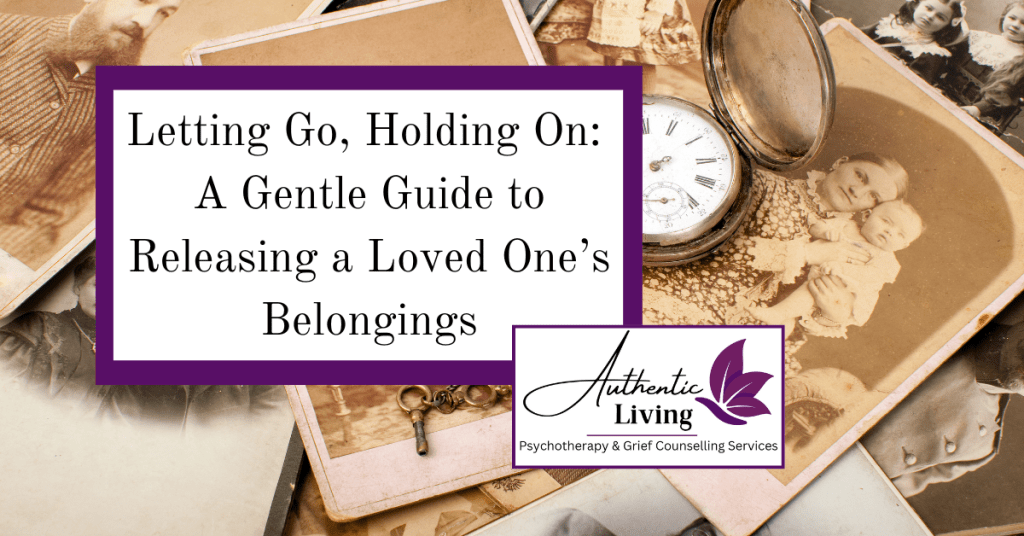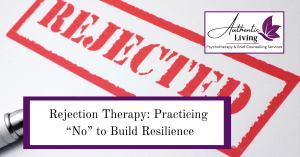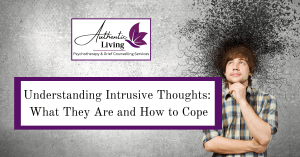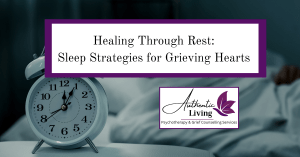After the death of someone we love, we’re often left with more than just memories—we’re left with their things. Clothes still folded, mugs on the shelf, notebooks with their handwriting, and everyday items that once felt ordinary now carry immense weight. Deciding what to do with these belongings can be one of the most emotionally charged parts of grieving.
You might feel pressure to act quickly or feel frozen, unable to touch anything at all. Both are valid. There’s no “right” time or way to do this. This blog is meant to offer gentle guidance and support as you navigate this deeply personal and often overwhelming process.
Things to Consider Before You Begin
1. There’s No Deadline.
Despite what others may say, there is no timeline for when you “should” start sorting through your loved one’s belongings. Some people feel ready after a few weeks, others may wait months or even years. The right time is when you feel emotionally prepared—not when someone else thinks you should be done grieving.
2. You Don’t Have to Do It All at Once.
You don’t need to tackle everything in a day. In fact, it can be helpful to start small. One drawer. One box. One category of items. Giving yourself permission to go slowly can reduce overwhelm.
3. It’s Okay to Keep Things.
Letting go doesn’t mean forgetting. You are allowed to keep whatever feels meaningful, comforting, or important. Keeping one shirt because it smells like them or a mug they always used is completely okay. What you hold onto can serve as a gentle tether to your love and memories.
Emotions You May Encounter
Sorting through a loved one’s belongings isn’t just a physical task—it’s emotional work. You might experience:
Guilt for getting rid of their things
Sadness as memories surface
Anger at being left with this responsibility
Confusion over what to keep or let go
Relief when clutter is reduced
Joy when you uncover something that makes you smile
These feelings can arise all at once, in waves, or come unexpectedly. Try to meet each emotion with compassion. Grief is not linear, and your feelings are a reflection of love, not weakness.
Tips to Make It Easier on Yourself
Ask for Help. You don’t have to do this alone. Invite a trusted friend or family member to sit with you—not to make decisions for you, but to be a comforting presence.
Create Categories. Consider sorting items into piles: Keep, Donate, Share, Toss, Not Sure. “Not Sure” is important—it gives you permission to delay decisions without pressure.
Take Breaks. If you start feeling overwhelmed, stop. Cry, breathe, go for a walk. There is no rush.
Take Photos. Sometimes a photo of an item is enough to preserve the memory without holding onto the physical object.
Make a Memory Box. Keep a small box or bin for treasured items. These can become a sacred place to revisit when you want to feel close to your loved one.
Handling Family Conflict
When more than one person is grieving, opinions about what to do with a loved one’s things can differ. Emotions run high, and misunderstandings can happen easily.
Here’s how to reduce the risk of conflict:
Communicate Openly. Share your thoughts and feelings. Ask others to do the same.
Acknowledge Grief. Remind each other that everyone is hurting, even if they show it differently.
Be Flexible. If someone else wants to keep an item you were unsure about, consider letting it go. Holding onto peace may be more valuable than the item.
Use a Neutral Party. If tensions are high, consider involving a grief counselor, mediator, or trusted third party to help facilitate decisions with compassion and fairness.
When Is the Right Time?
The “right” time is deeply personal. Some people feel comforted by their loved one’s presence through their belongings, while others feel stuck in their grief by the constant reminders.
Here are a few indicators that you might be ready:
You find yourself thinking, “I think I can start this now.”
You’re seeking closure or peace.
You’re feeling overwhelmed by clutter.
You’re ready to reclaim the space in a way that honours both your loved one and your own healing.
And remember—readiness doesn’t mean it won’t hurt. It just means you’re a little more able to face the hurt.
Letting Go Isn’t Forgetting
Releasing belongings doesn’t mean letting go of the person. Grief is not measured by how many things you keep. Love isn’t held in boxes. It’s in your heart, your memories, and your ongoing relationship with the one you lost.
A Gentle Invitation to Get Support
If you’re feeling overwhelmed, stuck, or simply need someone to talk to, you’re not alone. Grief is heavy, and you don’t have to carry it by yourself. At Authentic Living London, our therapists offer a safe space to explore your feelings and help you navigate the unique challenges of loss.
We understand that every person’s grief is different—and we’ll meet you exactly where you are.
Reach out today to begin your grief journey with the support and compassion you deserve. Visit Authentic Living London’s contact page or call us to speak with someone who understands.

Lizanne Hills
Registered Psychotherapist -Qualifying Addictions Certificate
Areas of Focus: Grief, Addictions, Family Therapy, Couples Therapy, Trauma/PTSD, Children’s Grief, Autism Spectrum Disorder, Life Transitions





